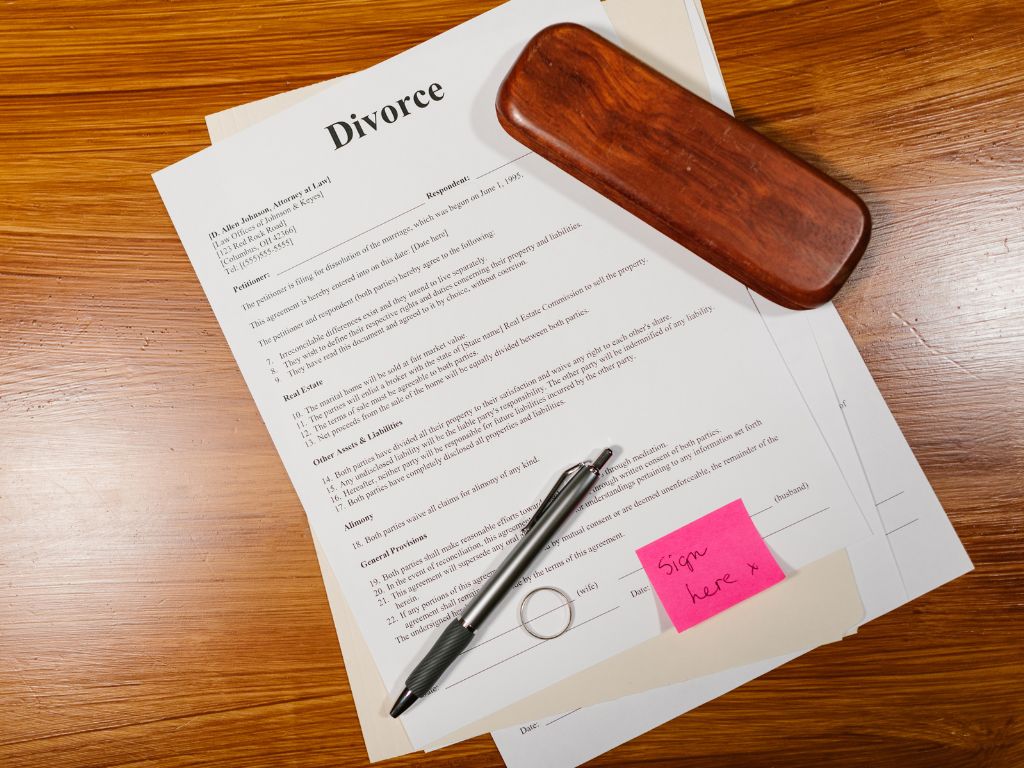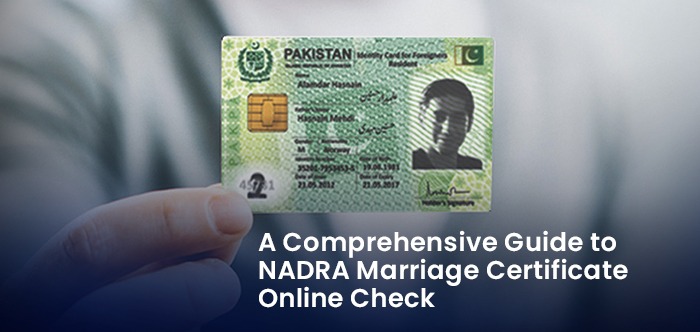Divorce Procedure in Pakistan – Complete Legal Guide

Divorce is a sensitive topic, especially in Pakistan, where societal norms and legal complexities can make the process challenging. Whether you are in Pakistan or living abroad in countries like the UK, UAE, USA, Canada, or Saudi Arabia, understanding the divorce procedure in Pakistan is essential. This guide explains the process, laws, and rights associated with divorce and Khula in Pakistan, ensuring clarity and legal accuracy.
Divorce Procedure in Pakistan
Divorce in Pakistan is governed by Muslim Family Law Ordinance, 1961, which outlines specific steps for a man (Talaq) and a woman (Khula).
For Men: Talaq Procedure

Declaration of Talaq:
The husband must pronounce Talaq verbally or in writing.
Sending Divorce Notice:
A written notice must be sent to the wife and the Chairman of the Arbitration Council on a proper stamp paper for divorce in Pakistan.
Arbitration Council:
The council attempts reconciliation within 90 days. If reconciliation fails, the divorce is finalized.
Issuance of Certificate:
The Arbitration Council issues a divorce certificate, confirming the legal dissolution.
For Women: Khula Procedure in Pakistan

Filing a Petition:
The wife files a petition for Khula in the Family Court, citing valid reasons (e.g., cruelty, non-support).
Court Proceedings:
The court reviews the case, including evidence and statements from both parties.
Return of Mahr:
The court may order the wife to return part or all of her Mahr (dowry) as part of the Khula process.
Decree of Khula:
If reconciliation efforts fail, the court issues a Khula decree, finalizing the divorce.
Divorce Law in Pakistan
Pakistan’s divorce laws ensure fairness and address both parties’ rights:
- Talaq Laws: Governed by the Muslim Family Law Ordinance, 1961, ensuring proper documentation and reconciliation attempts.
- Khula Laws: Governed by Family Courts Act, allowing women to dissolve marriages through legal petitions.
- Divorce Deed in Pakistan: A written document legally validating the divorce.
For Urdu-speaking individuals, resources like “divorce law in Pakistan in Urdu PDF” are available to simplify legal understanding.
Rights of Wife After Divorce in Pakistan
Under Pakistani law, a wife retains certain rights post-divorce, including:
- Maintenance for Iddat Period: Financial support during the three-month Iddat period.
- Custody of Children: Mothers are often granted custody, considering the child’s welfare.
- Mahr and Dowry: The wife can retain her Mahr unless ordered to return it in Khula cases.
- Property Rights: Women may claim property or assets agreed upon during marriage.
How to Send Divorce Notice to Wife in Pakistan
The husband must follow these steps to ensure the process is legally valid:
- Draft the divorce notice on stamp paper for divorce Pakistan.
- Send the notice via registered mail to the wife and the Chairman of the Arbitration Council.
- Await the council’s process to issue a divorce certificate.
Failure to follow these steps can lead to legal complications, including fines or imprisonment.
FAQs About Divorce in Pakistan
What is the legal procedure for divorce in Pakistan?
Divorce involves sending a written notice to the wife and the Arbitration Council, followed by a 90-day reconciliation period.
What is Khula in Pakistan?
Khula is a woman’s right to seek divorce by filing a petition in the Family Court.
What is the cost of stamp paper for divorce in Pakistan?
The cost varies by region but typically ranges between PKR 100 to PKR 500.
Can a wife claim maintenance after divorce?
Yes, she is entitled to maintenance during the Iddat period and may claim child support if applicable.
How to get a divorce deed in Pakistan?
The Arbitration Council issues a divorce deed once all legal formalities are completed.
Is Khula faster than Talaq in Pakistan?
Khula may take longer as it involves court proceedings, while Talaq follows a streamlined process.
Are divorce laws in Pakistan the same for overseas Pakistanis?
Yes, but they must follow local legal requirements, including documentation attested by the Pakistani embassy.
What happens if a husband does not send a divorce notice?
The divorce may be considered invalid, and legal penalties can apply.
Can I access divorce law in Pakistan in Urdu?
Yes, resources like PDFs and legal documents in Urdu are available for better understanding.
Can property disputes be settled during divorce?
Yes, property disputes can be resolved during divorce or through separate civil proceedings.
Conclusion
The divorce procedure in Pakistan ensures justice and fairness, whether through Talaq or Khula. By following the legal requirements, both parties can protect their rights. For detailed guidance, consult legal experts or family law specialists in Pakistan.
We also provide complete legal assistance after the divorce is finalized, including preparation of official divorce papers and guidance for updating records with the relevant authorities. Our team assists clients in obtaining the NADRA divorce certificate and handling all related documentation. Where required, we also support verification and processing of the NADRA marriage certificate for record correction, legal compliance, or future matters, ensuring the entire process remains smooth and hassle-free for our clients.





